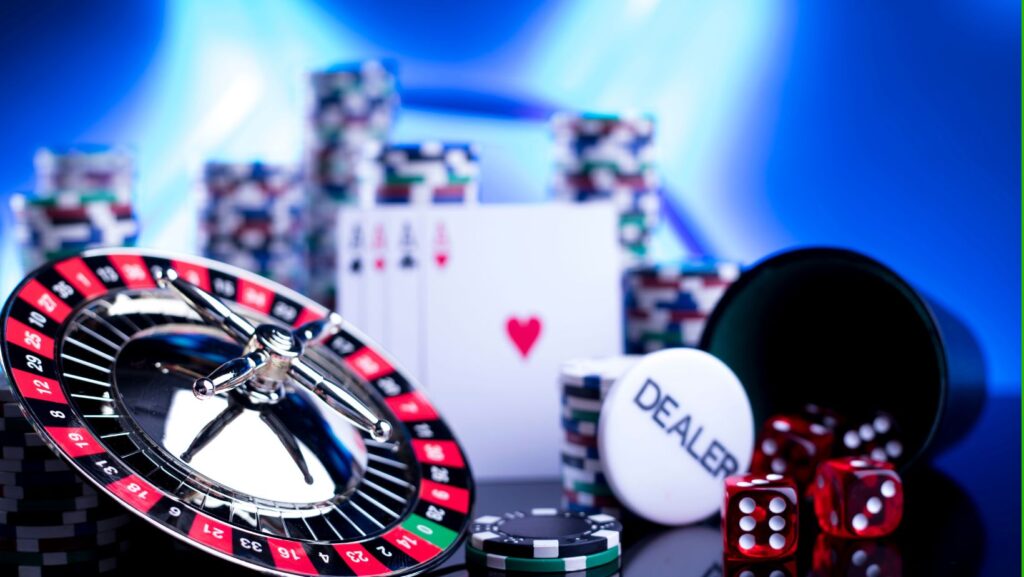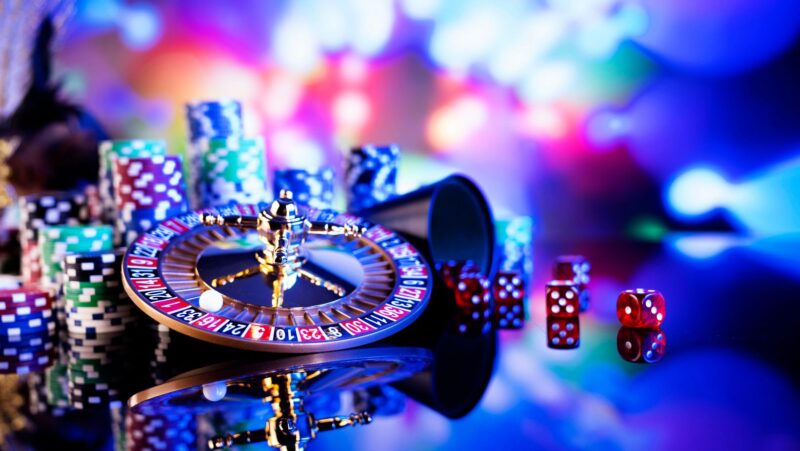
For centuries, humans have been drawn to games of chance, unable to resist the siren song of dice, cards, and betting. But what is it about gambling at Lukki Casino Australia that makes it so magnetic, even when the odds are stacked overwhelmingly against us? Modern psychology has peeled back the layers on gambling addiction, revealing the thought processes that lead people to repeatedly tempt fate.
Near-Miss Effect: So Close, Yet So Far
Gambling often relies on near misses – moments when you almost win big but ultimately still lose. These near wins activate reward systems in the brain, giving a rush of dopamine despite no actual prize. Even though they lost objectively, the gambler feels subjectively close to a jackpot. This distorts risk perception, making people think they are luckier than they are and driving them to continue playing. Over time, the brain actually wires itself to crave these near miss rushes.
Cognitive Biases: Seeing Patterns Where None Exist
Human brains love to see patterns, even finding phantom trends in random noise. When it comes to gambling, we cling to notions of luck, convinced that certain numbers or techniques are “hot.” Gamblers selectively remember their wins while ignoring losses, breeding overconfidence. The clustering illusion leads us to think that groups of losses make wins more likely to even out results. In reality, each spin of the roulette wheel or roll of the dice is an independent event, unaffected by past outcomes. But cognitive biases blind us to randomness.

Illusion of Control: Flawed Beliefs of Influence
Gamblers often engage in rituals and behaviors aimed at exerting control over clearly chance-based games. Blowing on dice, wearing a “lucky” item of clothing, or holding tickets in a certain way are all illusions of control. These superstitions give a comforting sense of order and skill over uncontrollable randomness. Psychologists think illusions of control help explain why many prefer slot machines and lottery tickets over table games with better odds – there is more room to impose rituals.
Variable Reward Schedules: The Carrot and the Stick
Many forms of gambling employ variable reward schedules. Unlike fixed ratio rewards that pay out consistently, variable rewards provide reinforcement randomly. This uncertainty keeps motivation high, since the next bet could trigger the jackpot. Slot machines are particularly good at this, using near misses and flashing lights to tantalize. The brain gets hooked on the unpredictability, always expecting the next spin to hit big. When it doesn’t, we try again and again.
Escapism: A Temporary Respite from Reality
For some, gambling offers more than just monetary prizes. It can provide an immersive escape from real-world stresses and anxieties. Entering the casino environment triggers the brain’s changeover to a gambling mindset. This relief is only temporary, but for those struggling emotionally, even short-term escape is rewarding. And when they run out of money and return to reality, chasing losses can seem like the only way to return to the bliss of the gambling trance state.
Ultimately, gambling pulls us in by hijacking normal brain functions. Cognitive biases and illusions of skill and control make us feel special, like we can beat the odds. Variable reward schedules keep motivation looping as we try to replicate the euphoria of wins. For those seeking escapism, gambling provides it briefly. But as losses pile up, the fantasy fades in the harsh light of reality. Understanding the psychological forces that drive gambling is the first step toward resisting its magnetic allure when luck eventually runs dry.












